

Will the next pope continue Francis’s legacy?
By Philip Mudartha
Bellevision Media Network
28 Apr 2025: Dozens of the "Princes of the Church" (Cardinals) from across the world have converged at the Vatican since the Pope Francis died on April 21. There are few clues as to who they might choose his successor. Francis was the pope of surprises. Similarly, it is not possible to predict the result of the conclave. The conclave is likely to be convened on May 5, when the nine-day mourning period concludes.
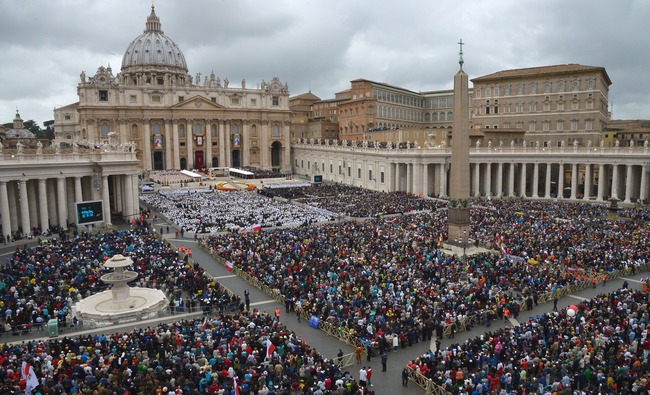
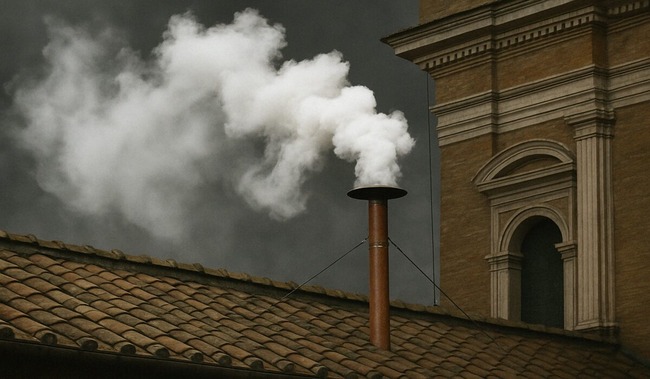
Bookmakers around the world are busy accepting bets. Cardinal Pietro Parolin, the Vatican City Secretary of State is the favourite among British bookmakers. Filipino Cardinal Luis Antonio Tagle stands second. Cardinal Matteo Zuppi, who blends both liberal and traditional views, is in third place.
In the United States too, betting activity has also surged. According to Casinos website, Cardinal Pietro Parolin has 26.7% Probability. At 70, his deep diplomatic experience and steady presence make him a frontrunner for those seeking stability. He knows the Roman Curia inside and out and has the institutional trust to guide the Church through this transition. Cardinal Luis Antonio Tagle has 16.7% Probability. He is a charismatic figure with strong backing across Asia and the Global South. He represents a younger, pastoral voice aligned with many of Pope Francis’s core reforms and shares his vision. There are reports that Pope Francis had mentored him to be his successor. Cardinal Matteo Zuppi has 11.1% Probability. Zuppi is seen as a bridge-builder, who could unify different factions within the Church while continuing Francis’s social justice mission.
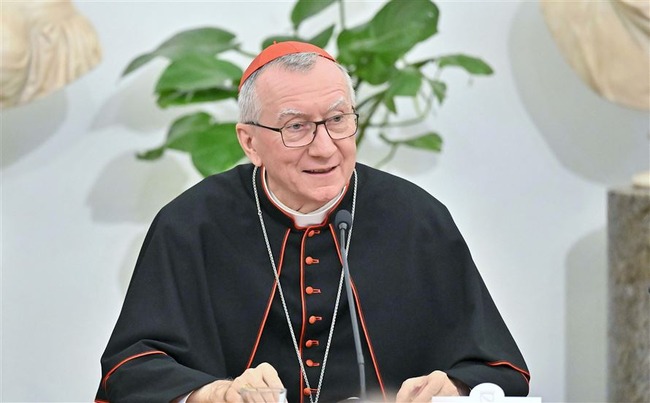
Cardinal Pietro Parolin
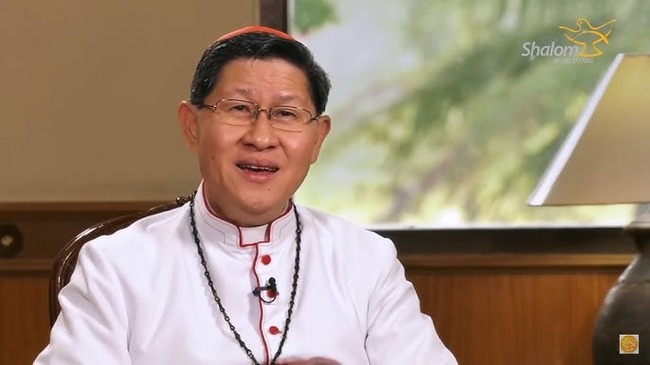
Cardinal Luis Antonio Tagle

Cardinal Matteo Zuppi
Francis’s efforts to create a more compassionate Church earned him widespread affection and respect. But, some of his reforms angered the Church’s conservative wing, particularly in the United States and Africa.
Vatican watchers believe that the cardinals would be looking "to find someone who knows how to forge greater unity”. Catholicism is experiencing various polarisations. Therefore, the conclave won’t produce a quick result.
"There are different opinions, but there is a more spiritual than political or combative climate," an Italian Cardinal commented. Devout Catholics, however, believe that the Cardinals will elect the “right pope”.
Courageous leader:
Of the 252 cardinals, only 135 are aged under 80 and therefore eligible to vote in the conclave. About 80% of them were appointed by Francis. However, there is no guarantee that they will pick a successor in his likeness.
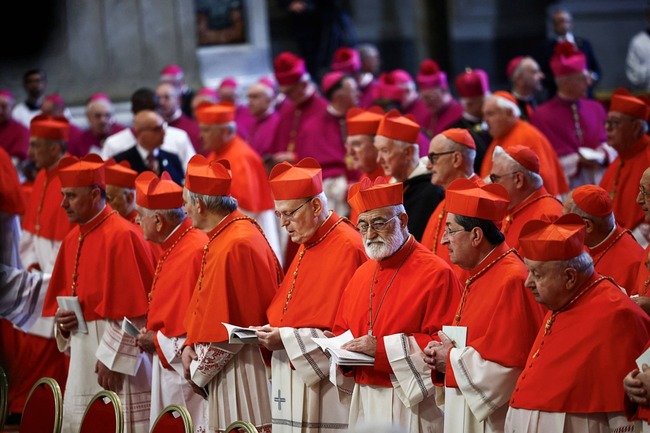
There are four votes per day, two in the morning and two in the afternoon, until one candidate secures a two-thirds majority. A young Cardinal opined: "We need a courageous leader, a bold one, capable of speaking forcefully, of holding the helm of the Church steady even in storms, offering stability in an era of great uncertainty."
Why Gen Z cares about the next pope:
The upcoming papal election isn’t just a pivotal moment for the Catholic Church, it’s a full-blown Gen Z obsession. The Conclave is now trending, and what was once a solemn closed-door ritual has become a pop culture moment, complete with memes, fan cams and online debates.
On X, users are dissecting the “papabiles” like they’re fantasy football picks. And while last year’s hit film “Conclave” lit the spark of interest, TikTok shared videos of cardinals striding through St. Peter’s Square. In a wild twist of digital fate, Gen Z is transforming the most sacred of elections into the Vatican’s viral era.
Users are sharing their opinions on potential candidates, weighing the pros and cons of each cardinal. Their memes and anecdotes are assigning personalities to faces that were previously unknown to the public.
Gen Z’s engagement marks a significant shift in how young people view religion: For them, the Church and the papacy have become political and cultural issues.
Francis understood this shift and positioned himself at the crossroads of Gen Z’s most urgent concerns. His forceful call to action on Climate Change in the 2015 encyclical “Laudato Si’,” denounced political leaders for their inaction and moral complacency. For a generation facing an uncertain future, his moral clarity filled the void left by governments that fail all too often to deliver credible solutions.
The same was true of Israel’s war on Gaza. While world leaders were busy debating military support and escalation, Francis was already appealing for a ceasefire.
All of this played a role in Gen Z’s heightened interest in the pope’s passing, as well as the upcoming Conclave. However, their interest is also driven by a lingering unease stemming from their generational anxieties. Francis’s support for LGBTQ+ rights and women’s issues resonated with the young. His rhetoric signalled a shift in the Vatican’s tone, for many outside the Church, it was insufficient.
So, with Francis’ progressive legacy in the balance, Gen Z is paying close attention to who succeeds him.
Gen Z favourites for next pope:
The current standout is Cardinal Matteo Maria Zuppi whom Gen Z lauds for his progressive stance and alignment with Francis. Zuppi has taken bold steps to make the Church more inclusive, openly welcoming LGBTQ+ individuals, supporting blessings for same-sex couples, and hinting at broader recognition of same-sex unions within a Christian framework. While drawing sharp criticism from conservative factions, his positions have resonated with a younger and more progressive audience.
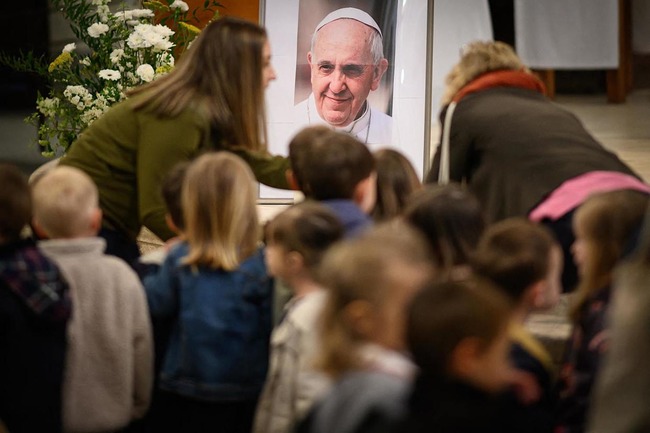
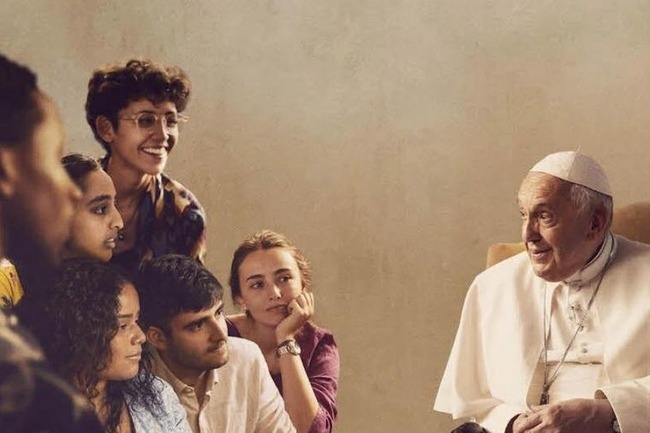
Cardinal Pierbattista Pizzaballa, the Latin Patriarch of Jerusalem appointed by Francis in 2020, is another emerging progressive favourite. Demonstrating a nuanced understanding of the Palestinian cause, he has expressed solidarity with Palestinian Christians facing marginalization in the Holy Land. He has also advocated for welcoming refugees and assuming responsibility for their care, and he’s pushed for women to be in leadership roles.
A third favourite is Cardinal Luis Antonio Tagle. Speaking out against the marginalization of LGBTQ+ people and the exclusion of divorced and remarried individuals from receiving Communion, he’s considered the progressive standard-bearer of the Asian Church.
But Gen Z’s newfound interest isn’t just about religious identity — it’s also about power dynamics. As institutions like the Church are increasingly called to account for their role in shaping our society, the stakes of the Conclave go far beyond who occupies the papal throne. It speaks to the Church’s relationship with the next generation.
And young people are making their voices heard, expressing their preferences with unexpected, and unprecedented, energy. The question is, will the Conclave choose a pope who will move the Church closer to the issues that matter to Gen Z?
Reinforcing outdated doctrines and further alienating a generation already feeling disconnected from traditional religious institutions might not be the wisest move. This isn’t just about theology or liturgy — it’s about the very future of the pope as a leader.
(to be concluded after the conclave result)